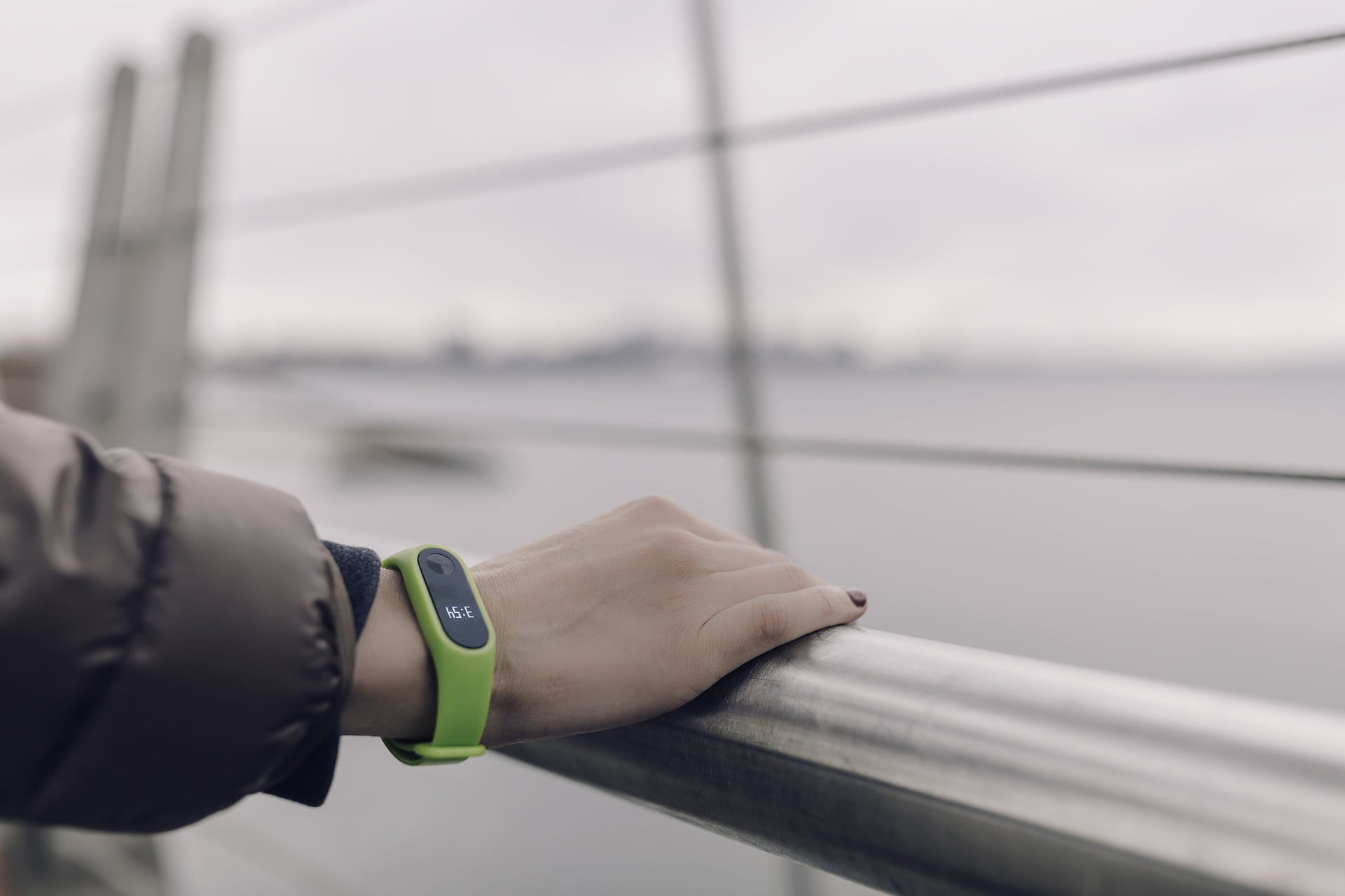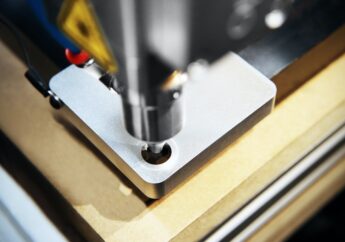Fitbit Data Now Being Used In Courtrooms
by Mashum Mollah Technology Published on: 30 May 2019 Last Updated on: 08 May 2025

Innovation In Legal Procedures Gets Active
It is easy for personal injury litigation to be skewed with the intention of reaching a specific outcome whether or not it reflects the reality of a given case. As an example of this, doctors have long been used to observe subjects in order to determine whether they’ve been subjected to any legitimate or life-altering injuries, and whether or not any parties should be held responsible to any degree for these injuries.
A new manner of evidence collection is now available to legal representatives who wish to collate data about a subject’s health and fitness. Fitbit technology, which famously tracks common metrics by wearers, has begun impacting the outcome of court cases in Calgary, Canada. If this venture proves useful, it could set precedents to be repeated around the world.
How it Started
The case in question involves a young lady who was hurt in an accident a few years ago. It’s true that Fitbit was not available at the time, but the woman was a personal trainer, and therefore likely prone to physical fitness. Her lawyers contend that it is reasonable to assume she was in good physical condition at the time of the injury. With data available now from Fitbit, it can furthermore be demonstrated is that the woman’s level of fitness has deteriorated, taking into account provocation and age.
Facts like these could potentially bolster arguments that the woman has been unable by any reasonable means to accomplish tasks at work with which she struggled less prior to the incident. A trend in the data showcasing a decline in physical capability could effectively corroborate statements that she had previously made in court.
It should be noted that the data is not being pulled directly from Fitbit, but instead is being filtered through appropriate algorithms provided by a firm known as Vivametrica, whose main purpose is to make comparisons between data on physical activity between individuals and general populations. This method of data collection allows for extended interpretation of variables such as heart rate, temperature, and the degree of movement occurring by a subject on a daily basis. Information provided by Fitbit and funneled through Vivametrica will be collected for months at a time before any conclusions can be reached. The idea for the woman’s lawyers is to show that the data indicates that her ability to physically progress through life has been hindered due to her injury. Individuals will not be alone in their potential to benefit from such techniques. Companies and insurers will also be able to more accurately determine and assign culpability in cases of personal injury as deemed necessary.
Impacts For Personal Injury Law
It is unlikely that this will lead to major changes to personal injury law. Nor should it be expected that those making claims will have no choice but to use Fitbit devices in order to assess their physiological state. However, it may be possible in the future to procure an order from a court for permission to obtain relevant data from a firm in possession of the data, if not from Fitbit itself. Those needing guidance on their case are still advised to contact a local personal injury attorney to see if such technology would be beneficial to the case at hand.
If it seems difficult to picture this process becoming commonplace, it might help to recall that there was a time when requesting information from social media outlets was an obscure venture. Needless to say, questions of personal privacy and the invasion thereof will need to be examined very thoroughly before such practices become too common.
Read Also:



































































































